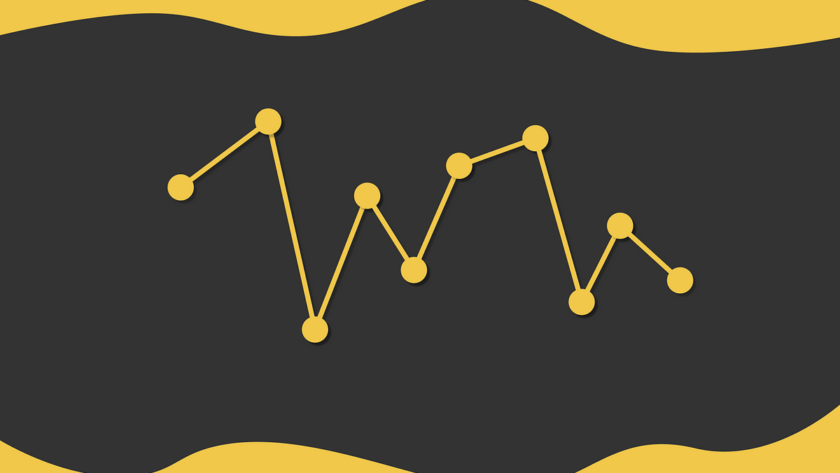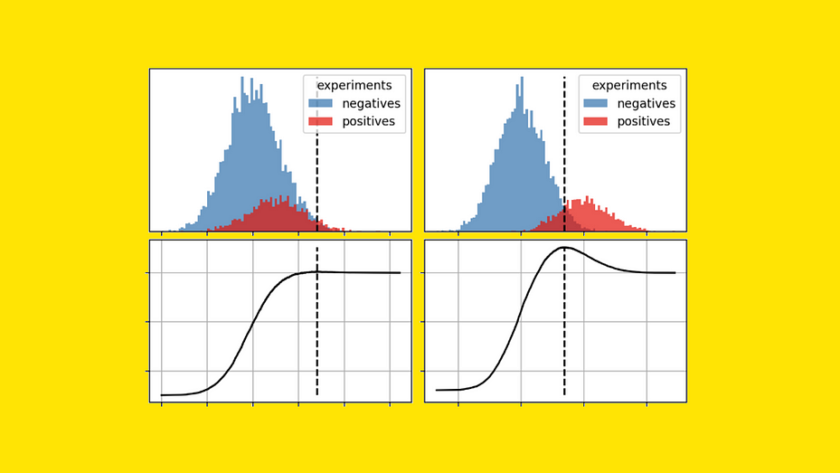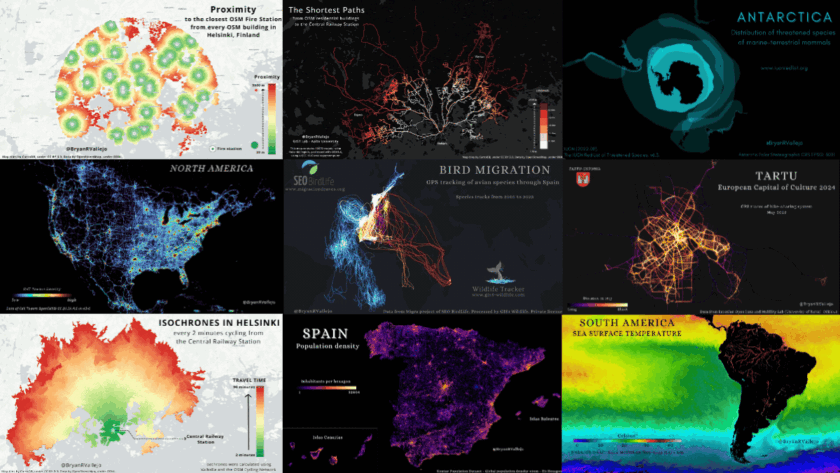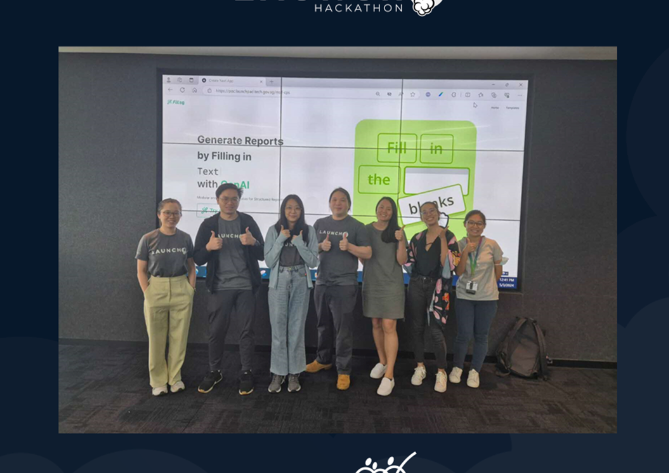AI for fun and profit! Photo by 🇸🇮 Janko Ferlič on UnsplashIn this article, we’ll explore how to leverage large language models (LLMs) to search and scientific papers from PubMed Open Access Subset, a free resource for accessing biomedical and life sciences literature. We’ll use Retrieval-Augmented Generation, RAG, to search our digital library. AWS Bedrock…











